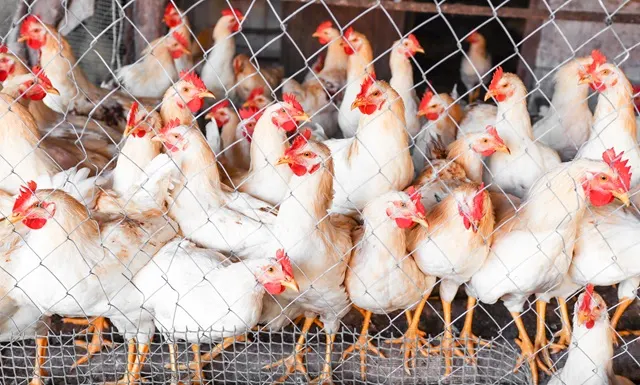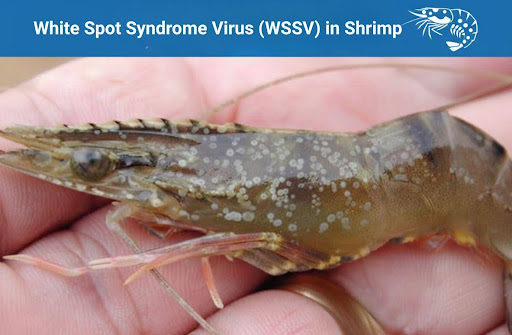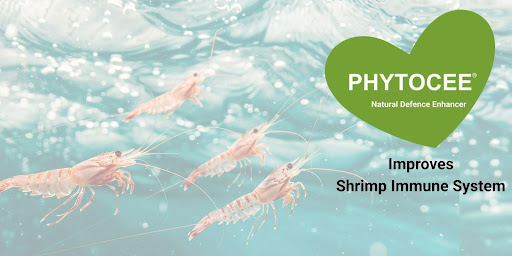Choline supplementation plays a vital role in poultry nutrition, supporting liver health, cellular structure, and fat metabolism. While its benefits are well-acknowledged, there is ongoing debate regarding its necessity in poultry feed. Some producers include choline in most formulations, whereas others prefer selective usage, often considering alternatives such as methionine or betaine. Additionally, the potential replacement of synthetic choline with herbal or natural sources is an emerging discussion in the industry.
This article aims to clarify the significance of choline supplementation and explore its best sources for poultry nutrition.
Why is Choline Supplementation Necessary?
Choline is crucial for optimizing poultry feed, especially when dietary sources fail to meet nutritional requirements. Broilers require at least 1,200 mg/kg of choline in their feed, while layers need approximately 1,100 mg/kg.
Natural sources of choline include maize, wheat, and soybean. Among these, wheat and soybean provide higher choline levels than maize. Therefore, feed formulations primarily based on maize and soybean often require additional choline supplementation. However, dietary variations and bioavailability should be considered when determining the optimal inclusion rate. For example, while rapeseed has a higher choline content than soybean, its bioavailability is significantly lower.
Several factors influence a bird’s choline requirements, including age, breed, and feed intake. In layers, egg size also plays a role, as choline is a key component of egg yolk.
Key Functions of Choline in Poultry
Choline is a fundamental nutrient involved in several physiological functions:
Cellular Structure: As a component of phospholipids, choline supports cell membrane integrity.
Nervous System Support: It serves as a precursor to acetylcholine, a neurotransmitter crucial for nerve function.
Liver Health & Fat Metabolism: Choline plays a role in very-low-density lipoprotein (VLDL) formation, facilitating fat transport from the liver and preventing fat accumulation. Additionally, it inhibits fatty acid synthesis by regulating gene expression, reducing overall fat deposition.
Impact of Choline on Poultry Performance
Research highlights the importance of adequate choline supplementation. Studies show that chicks receiving up to 520 mg/kg of choline in their diet exhibit superior growth compared to those with lower levels. Similarly, layers benefit from choline as it supports lecithin synthesis, a crucial phospholipid in egg yolks.
Choline deficiency can lead to severe health issues, including fatty liver syndrome, reduced growth rates, and skeletal deformities like perosis, particularly in younger birds.
Can Herbal Sources of Choline Replace Synthetic Choline?
Synthetic choline chloride has been widely used in poultry nutrition for decades. However, its high hygroscopicity, potential oxidation of vitamins in feed, and corrosive properties have prompted a search for alternatives.
Herbal choline sources derived from plant extracts and specific herb blends have gained attention as viable replacements. Studies suggest that herbal formulations not only mimic choline’s function but also provide additional benefits such as hepatoprotection, improved performance, and better carcass quality. Phytoconstituents in herbal choline can modulate liver genes responsible for fat metabolism and lipogenesis, optimizing energy utilization.
Research indicates that herbal choline supplementation at 0.350–0.500 kg per ton of feed can effectively replace 1 kg of synthetic choline chloride (60%) in broiler diets.
Conclusion
Choline is an essential nutrient in poultry feed, supporting liver function, growth, and egg production. While synthetic choline has been the standard for years, natural alternatives are proving to be effective and beneficial. As the industry moves towards sustainable solutions, herbal choline presents a promising alternative, ensuring optimal poultry health and performance while reducing reliance on synthetic additives.
Kolin Plus: A Greener Alternative to Choline Chloride
Kolin Plus, a phytogenic herbal choline source, offers comprehensive support to poultry by promoting liver health, enhancing fat metabolism, and strengthening cellular integrity. Its bioactive plant-based components not only fulfill choline’s essential roles but also provide added hepatoprotective and antioxidant benefits. By improving nutrient utilization, growth performance, and overall bird vitality, Kolin Plus contributes to healthier flocks and consistent productivity. Its natural origin also aligns with the industry’s shift toward sustainable and residue-free poultry production.




